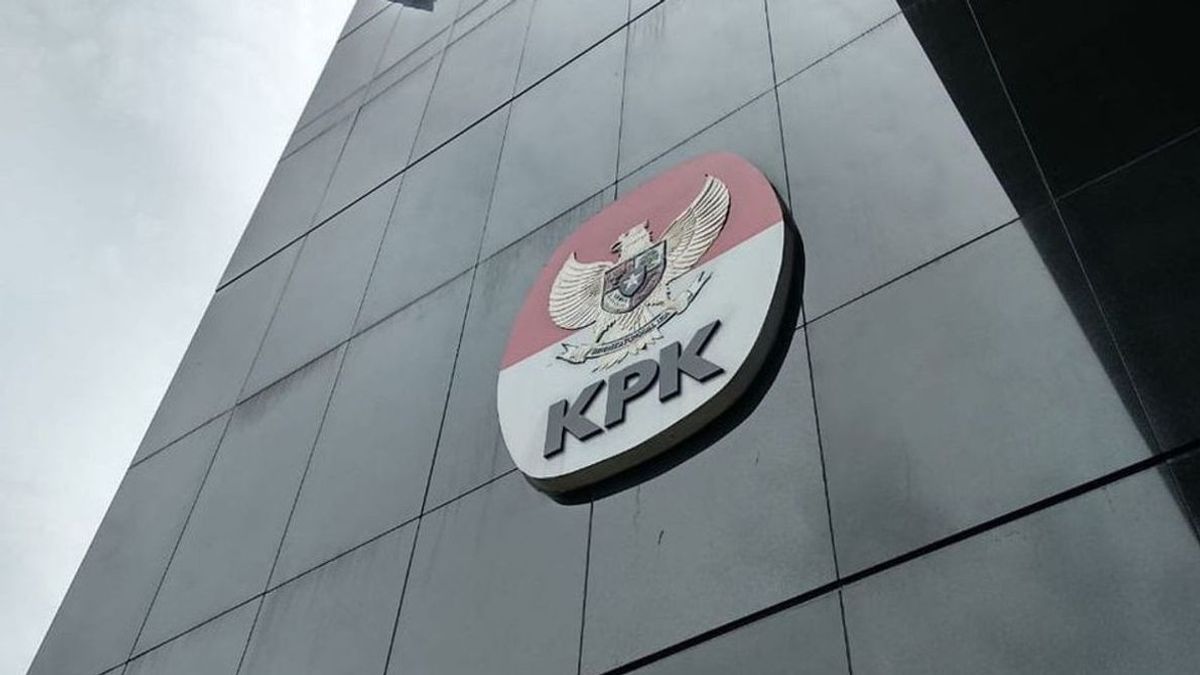JAKARTA - The Corruption Eradication Commission (KPK) appreciates the signing of an extradition treaty between Indonesia and Singapore. With this agreement, the repatriation of suspects in corruption cases in the country and efforts to return assets or asset recovery will be easier to do.
Moreover, assets belonging to suspects, especially in corruption cases, are often hidden abroad, including Singapore.
"The extradition agreement will of course not only facilitate the process of arresting and repatriating corruption suspects who have fled or are domiciled in other countries, but will also have a positive impact on efforts to optimize asset recovery," said Acting KPK Spokesperson for Enforcement Sector Ali Fikri to reporters, Tuesday, 25 January.
The KPK considers this agreement to be an acceleration of efforts to eradicate corruption in Indonesia. Because Indonesia and Singapore are now supporting each other in law enforcement efforts.
"Through this regulation, it means that all instruments owned by the two countries will provide full support for extradition efforts within the framework of law enforcement of the two countries, including in the context of eradicating corruption," said Ali.
"Thus, this extradition agreement is a milestone in the eradication of corruption, not only for Indonesia but also for eradicating corruption on a global scale," he added.
As previously reported, Minister of Law and Human Rights Yasonna H. Laoly signed the Indonesia-Singapore Extradition Agreement, in Bintan, Riau Islands. The agreement is useful for preventing and eradicating criminal acts that are cross-border in nature, such as corruption, narcotics, and terrorism.
Yasonna explained that the Indonesia-Singapore Extradition Agreement has a retroactive period (retroactive from the date of promulgation) for the past 18 years. This is in accordance with the provisions on the maximum expiration as stipulated in Article 78 of the Indonesian Criminal Code.
"This extradition agreement will create a deterrence effect for criminals in Indonesia and Singapore," said the Professor of Criminology at the Police College, Tuesday, January 25.
The types of criminal acts whose perpetrators can be extradited according to this Extradition Agreement are 31 types. Starting from corruption, money laundering, bribery, banking, narcotics, terrorism, and financing activities related to terrorism.
The English, Chinese, Japanese, Arabic, and French versions are automatically generated by the AI. So there may still be inaccuracies in translating, please always see Indonesian as our main language. (system supported by DigitalSiber.id)













